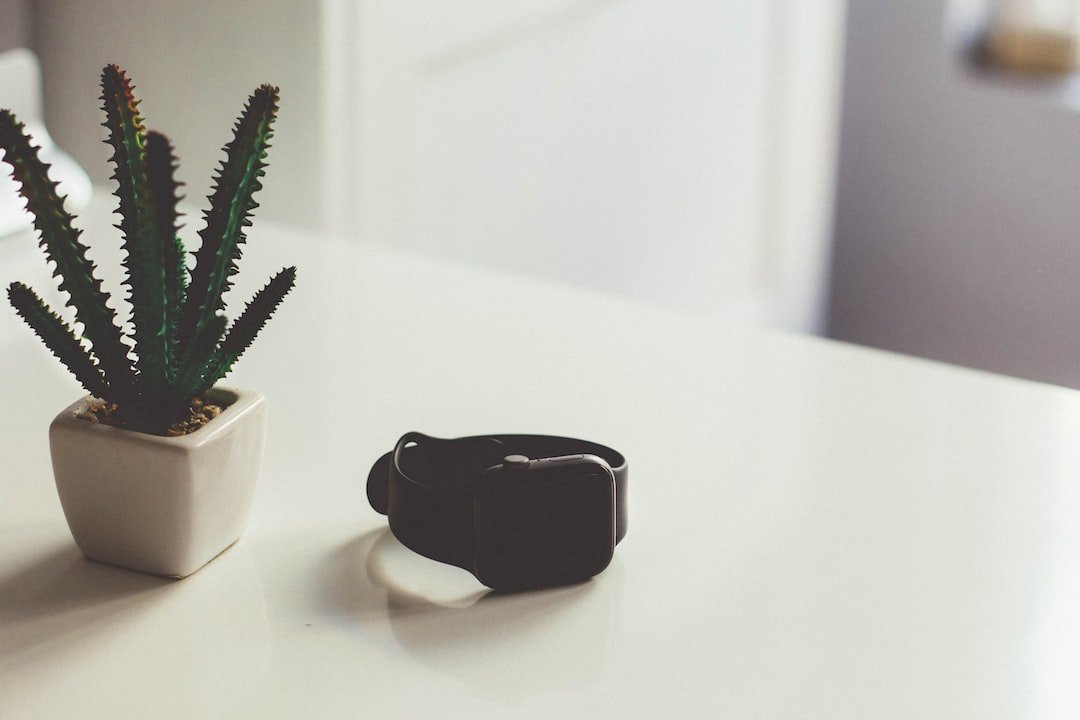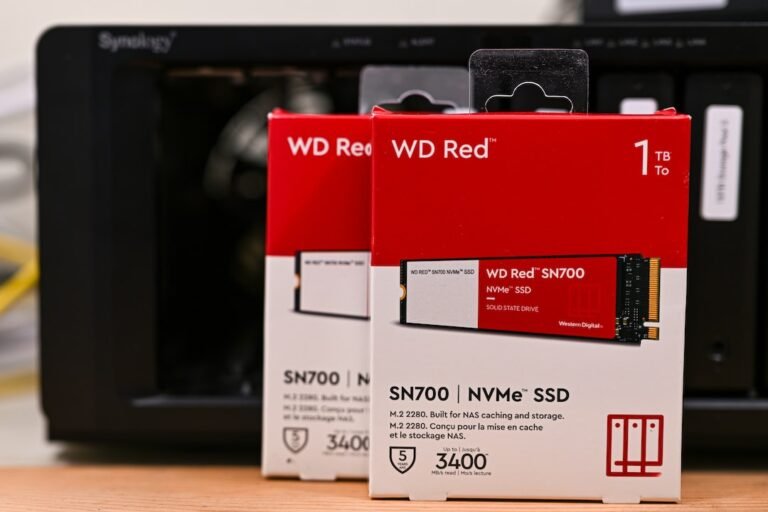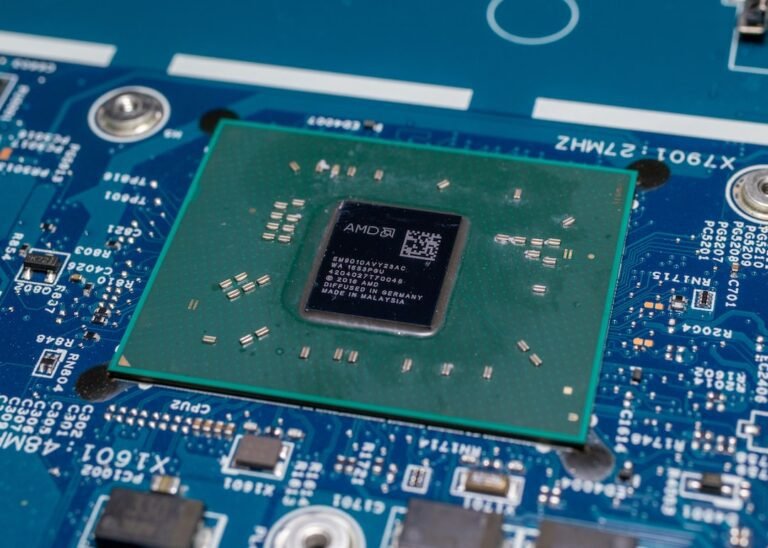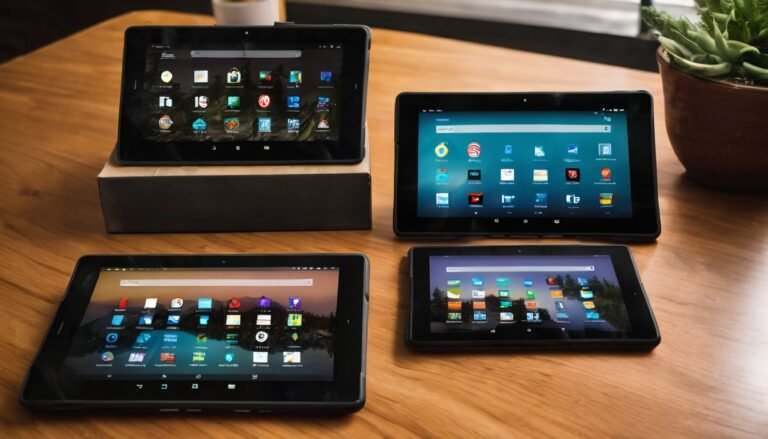Introduction
In today’s digital age, where privacy and security are of paramount importance, virtual private networks (VPNs) have become increasingly popular. VPNs serve as a tool to protect personal information, secure internet connections, and access geo-restricted content. However, when it comes to VPN use in Brazil, there are specific laws and regulations that users need to be aware of.
Brazil VPN Laws are designed to ensure the responsible use of VPNs while also addressing concerns related to cybersecurity and data protection. This article aims to shed light on the legality and regulations surrounding VPN use in Brazil, highlighting both the benefits and limitations.
Brazil VPN Laws: Understanding the Legal Landscape
When it comes to VPN use in Brazil, the legal landscape can be complex to navigate. While the use of VPNs is generally permitted in the country, there are certain regulations and limitations in place. It’s crucial for individuals and businesses to understand these laws to avoid any potential legal repercussions.
VPN Compliance in Brazil
As of now, there are no specific laws in Brazil that prohibit the use of VPNs. However, users must comply with existing legislation regarding data protection, privacy, and cybersecurity. The General Data Protection Law (LGPD) and the Brazilian Civil Rights Framework for the Internet (Marco Civil da Internet) are two crucial legislations that impact VPN use in the country.
Under the LGPD, organizations and individuals must ensure the protection of personal data. VPN users are encouraged to use encrypted connections and follow best practices in safeguarding sensitive information. Additionally, the Marco Civil da Internet establishes principles for net neutrality and data protection, which indirectly affect VPN use.
VPN Use for Businesses in Brazil
In Brazil, many businesses rely on VPNs to establish secure connections between their offices, remote workers, and clients. VPNs provide a secure way to transmit sensitive data and protect corporate information from potential cyber threats. However, businesses must ensure compliance with relevant laws and regulations concerning data privacy and protection.
Organizations operating in Brazil should familiarize themselves with the LGPD and implement adequate security measures when using VPNs. It’s advisable to consult legal and IT professionals to ensure compliance with local regulations and safeguard sensitive business data.
VPN Use for Individuals in Brazil
For individuals in Brazil, VPNs can offer numerous benefits, including enhanced privacy, bypassing geo-restrictions, and accessing content from other regions. However, it’s important to use VPNs responsibly, respecting the legal framework and considering the potential risks.
While VPN use is legal for individuals, they should refrain from using VPNs for illegal activities. Engaging in activities such as hacking, fraud, or copyright infringement can lead to legal consequences, irrespective of using a VPN. It’s crucial to prioritize privacy, security, and ethical practices when using VPNs in Brazil.
VPN Safety in Brazil
While VPNs provide a layer of encryption and security, it’s important to consider the safety aspects when choosing a VPN service. Users in Brazil should opt for reputable VPN providers that prioritize user privacy and data protection. It’s advisable to thoroughly research VPN services, considering factors such as encryption protocols, logging policies, and server locations.
Additionally, users should be cautious when using free VPN services, as they may come with limitations or security risks. Paid VPN services typically offer more robust features, including faster connections, dedicated servers, and better customer support. Prioritizing safety and security over convenience is essential when utilizing VPNs in Brazil or anywhere else.
Conclusion
VPN use in Brazil is legal, but it is essential to navigate the regulations and legal landscape carefully. Users, both individuals and businesses, must ensure compliance with data protection and privacy laws, such as the LGPD and the Marco Civil da Internet. While VPNs provide valuable benefits, users are responsible for using them ethically and within the boundaries of the law.
By understanding the legal framework, promoting VPN safety, and prioritizing data protection, individuals and businesses can make the most of VPN technology while staying on the right side of the law in Brazil.
FAQ
What is a VPN, and why do I need a VPN?
A VPN, or virtual private network, is a secure connection that encrypts your internet traffic, ensuring privacy and security. Using a VPN allows you to browse the internet anonymously, access geo-restricted content, and protect your sensitive data from potential cyber threats. To learn more about VPNs and their benefits, check out our in-depth article on What is a VPN and why do I need a VPN.
Is VPN illegal or is VPN legal?
Using a VPN is legal in most countries, including Brazil. However, the legality of VPN use differs from one region to another. While VPN use itself is legal, it is important to use VPNs responsibly and comply with applicable laws and regulations. To learn more about the legality of VPNs, read our comprehensive article on Is VPN illegal or is VPN legal.
Are there any limitations on VPN use in Brazil?
There are no specific limitations on VPN use in Brazil. However, users must comply with data protection, privacy, and cybersecurity laws. Engaging in illegal activities while using a VPN, such as hacking or copyright infringement, can lead to legal consequences.
How can businesses ensure VPN compliance in Brazil?
To ensure VPN compliance in Brazil, businesses should familiarize themselves with data protection laws such as the LGPD. It is advisable to consult legal and IT professionals to implement proper security measures, protect sensitive business data, and comply with local regulations.
Can free VPN services be trusted for use in Brazil?
While free VPN services can be convenient, they may come with limitations and potential security risks. It is recommended to opt for reputable paid VPN services that prioritize user privacy, data protection, and offer better features and customer support.
Further Reading
| Website | Description |
|---|---|
| Brazilian General Data Protection Law (LGPD) | Learn more about the LGPD and its impact on VPN use |
| Marco Civil da Internet | Official website providing information on Marco Civil da Internet |




